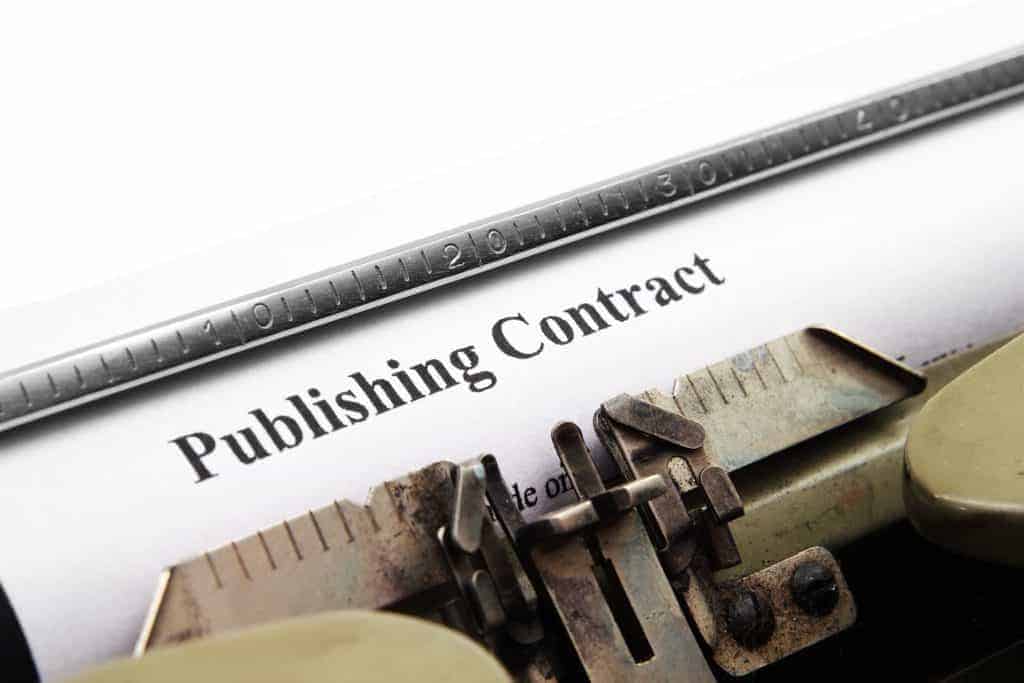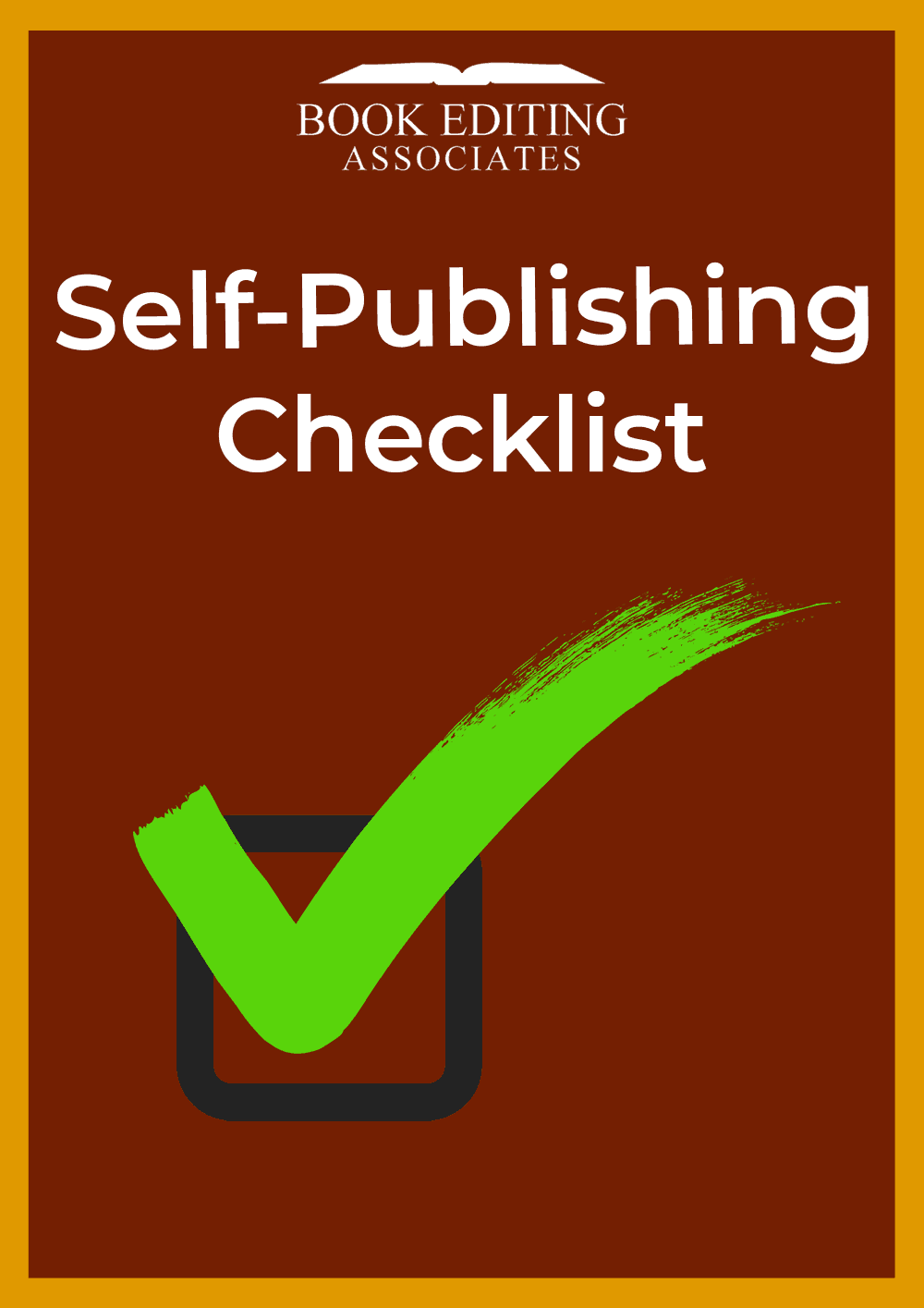Blog
How To Choose A Book Editor
For a year now (or two, or ten), you have been hammering away at your manuscript, revising and reworking every scene and nuance until you know the characters better than you know your spouse. You have sacrificed sleep, dinner with friends, your favorite sitcom, even...
Author-Editor-Dyad
Everyone who creates a work of art, literary or otherwise, needs an editor. Why? Because creation involves different mentalities than craft; and rare is the artist who has the left brain/right brain balance to be creator and audience at the same time. All the arts...
How Editors and Writers Work Together
In a vague sense, every author knows what an editor is there to do—make the manuscript as good as it can be. But how does this process work? And what’s the author’s role in this process? Step 1: Let’s Talk By email or on the phone, the author and the editor meet to...
Light of My Life, or Fire of My Loins? – Writing Erotica
When you think of erotica what comes to mind? Porn? Poetry? Fifty Shades of Grey? If you chose Fifty Shades, read on, for the book is categorized as erotic romance, not erotica. This is a crucial distinction to be made when a writer thinks of approaching the...
Fiction Structure and Style – Time and Place
Marie Valentine Time and place are key pillars of your story structure. Without them, tales fall into fragments. Neglect setting at your own risk. Readers who don’t know where they are get frustrated, fast. You need to put the players someplace, otherwise the story will float out of control into the ether, as will your […]
Publishing Options vs. Time
The Publishing Dream Most authors want their books to be read by more than friends and family. A few people write just for the value of the experience, but the majority want a wide audience, along with the closure—validation—success—of publication, ideally with wonderful reviews and steady income. How To Publish a Book: Traditional Publishing or […]
21+ Excellent Reference Books for Writers
I encourage you to check these reference books for writers out, and if one, two, or more resonate with you, please bring them into your life to have them handy when the need arises.
Can You Believe It? Does Your Storyline Need To Connect With Reality?
Despite readers’ presumed desires to suspend disbelief, try to keep some rational sense of reality cohering your storyline. “Not true! No way that could happen. Sorry, I’m not buying it.” If these phrases cannot be squelched in your mind when revising your manuscript, take note. Readers might forgive an author if something incredulous happens only […]
On Pacing: Superspecific Settings Are Not Needed
Place your characters in an environment and let them be. Sometimes writers are pace driven and have a story they simply need to get out. Often their characters are floating in space, meeting midair without a notion of physical dimension. Time and place have been forgotten. To these writers, I suggest bumping up the setting. […]
On Pacing: Don’t Do Dead-end Dialogue
Making sure your characters’ language makes an impact Imagine an agent looking for the next big thing. She sits down with her coffee and red pen and flips open a fresh manuscript to the following interaction: The phone rang. “Hello,” answered Don. “Hi, is Mark there?” said a voice. “Sure, who’s calling?” “This is Sam,” […]
Brand-Name-Dropping in Fiction
Novelists are often counseled to be specific with details, choosing one or two arresting ones to give a strong sense of a person, place, or thing. These focused items, often dubbed “salient details,” can powerfully and succinctly convey information better than the dreaded “info dump,” which tells too much and invites readers to skim. This is […]
A First Time Finalist’s Awestruck Days At A National Romance Writers Of America Conference
Cara Crescent: What is it like going to a Romance Writers of America’s National Convention when nominated for two awards? It’s a little different! I hadn’t expected it to be, I wasn’t up for a Golden Heart or a Rita, after all. I can’t imagine what a whirl-wind conference is like for those nominees. The […]
The Novel As Art — Is It Good Enough?
More artist angst is caused by this question than any other: Is it good enough? This question is unanswerable because it’s incomplete. The true question is, Is it good enough [for what]? For novelists that usually means, Is it good enough for publication? Even that is unanswerable, because “for publication” can mean many things, and […]
On Pacing: Avoid TMI in Plot
Keep your story moving by recognizing when too much information (TMI) is weighing down the action. Consider this first paragraph of a hypothetical novel: Johnny woke up in the hotel bed. His grandparents Merv and Jude were going to be buried today. They died in a tragic helicopter accident while on vacation. They always traveled […]
Fiction Writing — Character Profiles
Three-dimensional protagonists are de rigueur in genre fiction. Building a character profile is a sure-fire way to work towards this goal. Imagine sitting across a desk from this individual; taking a walk on the beach or an evening stroll through town.





